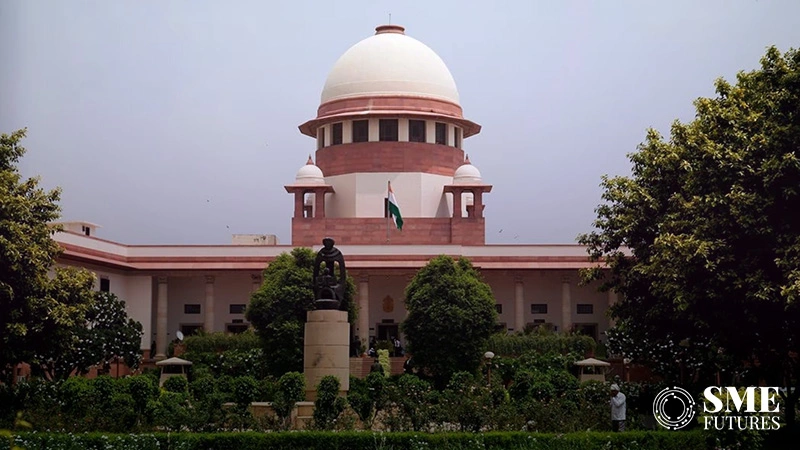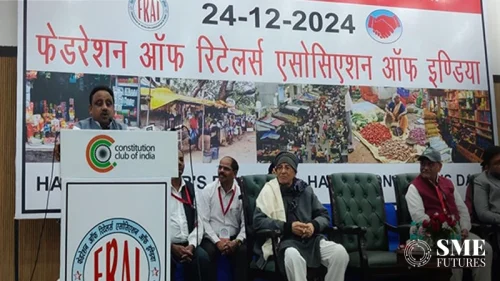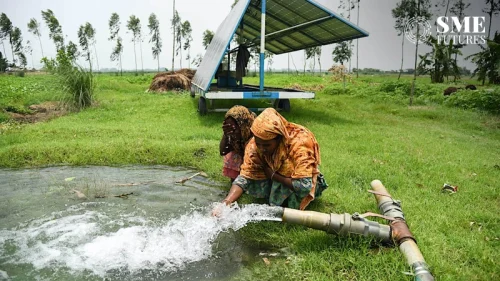In a historic decision, the Supreme Court has ruled that MSME promoters are now eligible to submit resolution plans under the Insolvency and Bankruptcy Code (IBC), offering critical support to small businesses grappling with financial distress. The ruling clarifies that eligibility should be assessed based on the date the resolution plan is submitted, not when the Corporate Insolvency Resolution Process (CIRP) begins. This update overturns an earlier ruling by the National Company Law Appellate Tribunal (NCLAT) that prevented promoters from submitting a resolution plan if MSME certification was acquired after CIRP initiation.
The ruling stems from the Supreme Court’s interpretation of Sections 29A and 240A of the IBC, which outline eligibility criteria for submitting resolution plans. Section 240A, specifically, offers exemptions to MSME promoters, allowing them to re-enter the process and support business revival, provided they are not willful defaulters. The Supreme Court’s decision follows recommendations by the 2018 Insolvency Law Committee, which advocated for measures to shield MSMEs from the stringent restrictions of Section 29A, underscoring the critical role MSMEs play in employment and economic stability.
Understanding resolution plans and their role for MSMEs
A resolution plan is a formal proposal developed during the insolvency process, detailing how a financially distressed business could be restructured or revived to avoid liquidation. It’s an essential mechanism within the IBC framework, aimed at preserving viable enterprises. For MSMEs, resolution plans are vital as they offer a pathway to retain control, revive business operations, and protect jobs. By allowing MSME promoters to participate, this ruling supports not only financial recovery but also fosters economic resilience and continuity for small businesses, which contribute significantly to India’s GDP and employment base.
The Supreme Court’s recent decision in the Hari Babu Thota case reinforces the IBC’s core intent: to prioritise revival over liquidation, especially for sectors as crucial as MSMEs. The judgment balances the insolvency process’s integrity with the flexibility needed to safeguard smaller enterprises, providing an opportunity for MSME promoters to reclaim and restructure their businesses, even in challenging financial situations. This ruling marks a progressive step towards sustaining India’s MSME ecosystem and promoting economic stability at the grassroots level.











